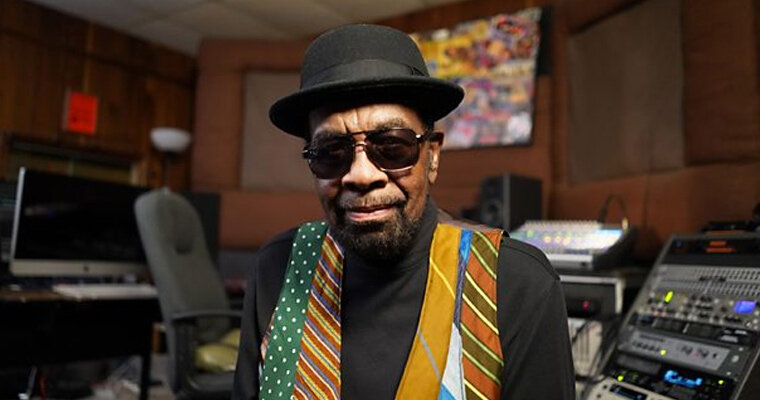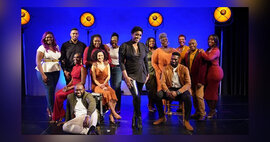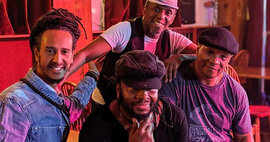BBC Four has a new three-part series starting next Friday that may be of interest. Titled 'Soul America' it sets out to chronicle the journey of Soul Music.
Friday 4 September 9.30pm-10.30pm BBC FOUR
Soul America is a three-part series chronicling the journey of soul music, from its birth out of gospel and R&B in the 1960s, when it delivered an assertive, integrated vision of black America, and produced its first generation of stars including Otis Redding and Aretha Franklin.
Episode one: Amazing Grace Friday 4 September 9.30pm-10.30pm
How Motown Records showed the world a successful, sophisticated image of black people at a time when black Americans were still subject to discrimination.
This first episode travels through the South, from Muscle Shoals in Alabama to Stax in Memphis, taking a detour north to Detroit, to explore how Motown's most soulful achievement showed the whole world a successful, sophisticated image of black people, at a time when Motown musicians themselves were subject to the same treatment as any black American.
Aretha the gospel teenager Before there was soul, there was gospel. In the 1950s successful acts would tour the south on a figurative gospel highway. When Candi Staton was a teenager, touring with the Jewell trio in the early 50s, she came across a then little-known Aretha Franklin.
Featuring contributions from Mavis Staples, Candi Staton, Duke Fakir, Martha Reeves, Mary Wilson, Otis Williams, The Holland Brothers, Clarence Carter, Al Bell, Steve Cropper and Spooner Oldham, as well as expert analysis from Mark Anthony Neal, Nelson George and Emily J Lordi.
It is narrated by Carleen Anderson, who fronted the Young Disciples and the Brand New Heavies and has worked with artists including Bryan Ferry, Paul Weller and Dr John. Soul America is produced and directed by Ben Whalley for BBC Studios. The Executive Producer is Mark Cooper for BBC Studios. It is commissioned by Jan Younghusband, Head of BBC Music TV Commissioning.
Pictured: William Bell in his recording studio, Atlanta, Georgia
More BBC Soul America info via https://www.bbc.co.uk/programmes/m000m7h3










Recommended Comments